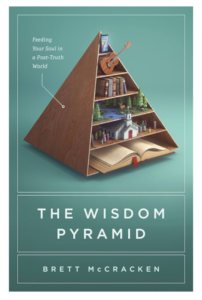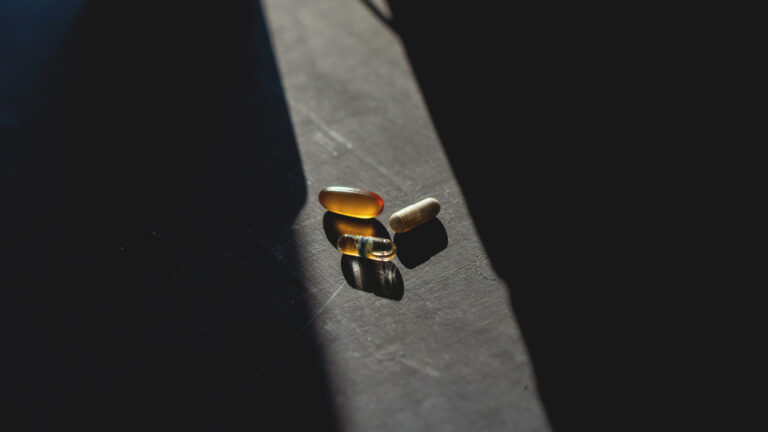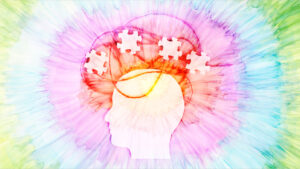This is an adapted excerpt from When Is It Right To Die?: A Comforting and Surprising Look at Death and Dying by Joni Eareckson Tada. Copyright © 2018 by Joni Eareckson Tada. Used by permission of Zondervan. All rights reserved.
For the moment, forget everything you’ve ever heard about right-to-die or right-to-life positions. Put aside the court rulings. Push out of your mind the tug-at-your-heart stories you’ve seen in the movies or read about online.
Now, with no one reading your thoughts, may I ask, “Do you know when it is right to die? For you? For your family?” I realize this may not be a theoretical question for you. Maybe you could write a real-life tug-at-your-heart story. And maybe you’ve already made up your mind about how and when you wish to die. Whatever your response, I want you to know that your decision matters.
It matters more than you realize.
Society’s Role in the Decision to Die
Let me explain. I once served on a national council that drafted major civil-rights legislation. My husband, Ken, then a high-school government teacher, asked me to speak to his classes on the subject of legalizing euthanasia. This was well before California legalized medically assisted death, but plenty of initiatives were testing the waters. Ken wanted me to talk to his students about the implications of a right-to-die law. The classroom was crowded with kids standing along the back and leaning against the chalkboards covering the walls.
I was surprised by how interested they were as I divulged my despair of earlier days. I admitted to being relieved that no right-to-die law existed when I was in the hospital and hooked up to machines. I then underscored how critical it was for every student to become informed and involved in shaping society’s response to the problem. Then I added, “What role do you think society should play in helping people decide when it is right to die?”
A few hands went up. I could tell by their answers that they felt society should take action to help hurting and dying people—some students insisting on life no matter how burdensome the treatment, and a few wanting to help by hurrying along the death process.
Society Is You
One student shared how his mother was getting demoralized by the burden of taking care of his sister with developmental delays. He felt society should, in his words, “do something.”
“Like what?” I playfully challenged.
“Like . . . I’m not sure, but society ought to get more involved in the lives of people like my mother.”
I glanced at Ken. He nodded, as if to give the go-ahead to take a free rein with this young man. “May I ask what you have done to get more involved?”
The student smiled and shrugged.
“How have you helped alleviate the burden? Have you taken your sister on an outing lately? Maybe to the beach?” I teased. “Have you offered to do some shopping for your mother? Maybe your mom wouldn’t be so demoralized, maybe she wouldn’t feel so stressed or burdened, if you rolled up your sleeves a little higher to help.”
A couple of his friends by the chalkboard laughed and threw wads of paper at him. “Okay, okay, I see your point,” he chuckled.
I smiled. “My point is this: Society is not a bunch of people way out there who sit around big tables and think up political trends or cultural drifts. Society is you. Your actions, your decisions, matter. What you do or don’t do has a ripple effect on everyone around you. And on a smaller scale, your participation can even make a huge difference in what your family chooses to do with your sister.”
Society is not a bunch of people way out there who sit around big tables and think up political trends or cultural drifts; society is you.
The classroom fell silent, and I knew the lesson was being driven home. I paused, scanned the face of each student, and closed by saying, “You, my friends, are society.”
So your point of view matters greatly. You may be the one who fiercely advocates pulling the plug, or the one who fights to keep a heart pumping until the bitter end. Whichever it is, you must, in the words of John Donne, know this: no man is an island.
Society Is Interconnected
We can be such private people. We would like to make a life-or-death decision in a vacuum or even at arm’s length from others. But we can’t. Your point of view and how you act on it—let’s say as you lie in bed with a terminal illness—not only matters to you and your family; it matters to a wide network of friends and associates as well. In other words, to society. Our culture’s drift, then, is channeled by your decision to either pull the plug or hold on to life.
Our culture’s drift is channeled by your decision to either pull the plug or hold on to life.
When people maintain that their death is their own business and the business of “those I love,” they fail to consider the significance of their decision on the wider circle of life. A decision to cut life short, even if only a few months, doesn’t stop with “those I love,” but affects a whole network of relationships: friends, former colleagues, teachers, distant family members, casual acquaintances, and even nurses and doctors who occasionally stop by your bedside.
Just what effect might your decision have? Your gutsy choice to face suffering head-on forces others around you to sit up and take notice. It strengthens the character of a helping society. When people observe perseverance, endurance, and courage, their own moral fiber is reinforced. Conversely, your choice to bow out of life can and does weaken the moral resolve of that same society.
Your gutsy choice to face suffering head-on forces others around you to sit up and take notice.
If you believe your decision is private and independent, think again. Your choice to speed up the dying process is like playing a delicate game of pick-up sticks. You carefully lift a stick, hoping not to disturb the intricate web. Just when you think you’ve succeeded, however, your independent action jiggles the fragile balance and sends other sticks rolling.
As the apostle Paul put it in Romans 14:7, “None of us lives for ourselves alone, and none of us dies for ourselves alone.”
Is the digital age making us foolish?
 Do you feel yourself becoming more foolish the more time you spend scrolling on social media? You’re not alone. Addictive algorithms make huge money for Silicon Valley, but they make huge fools of us.
Do you feel yourself becoming more foolish the more time you spend scrolling on social media? You’re not alone. Addictive algorithms make huge money for Silicon Valley, but they make huge fools of us.
It doesn’t have to be this way. With intentionality and the discipline to cultivate healthier media consumption habits, we can resist the foolishness of the age and instead become wise and spiritually mature. Brett McCracken’s The Wisdom Pyramid: Feeding Your Soul in a Post-Truth World shows us the way.
To start cultivating a diet more conducive to wisdom, click below to access a FREE ebook of The Wisdom Pyramid.



































